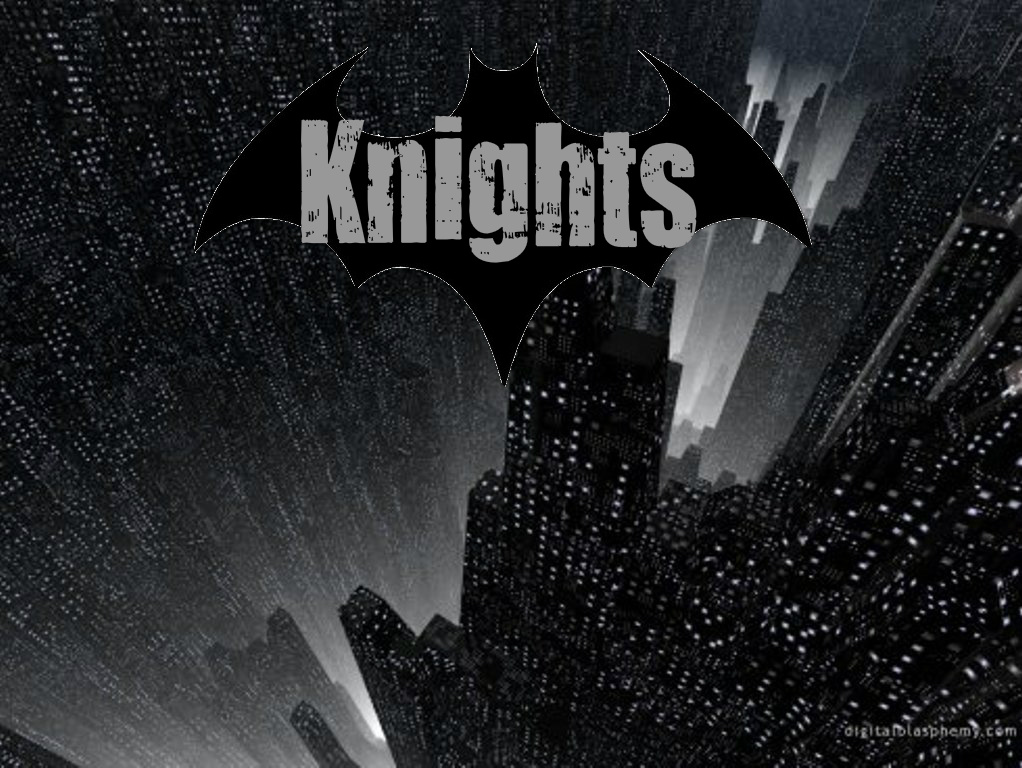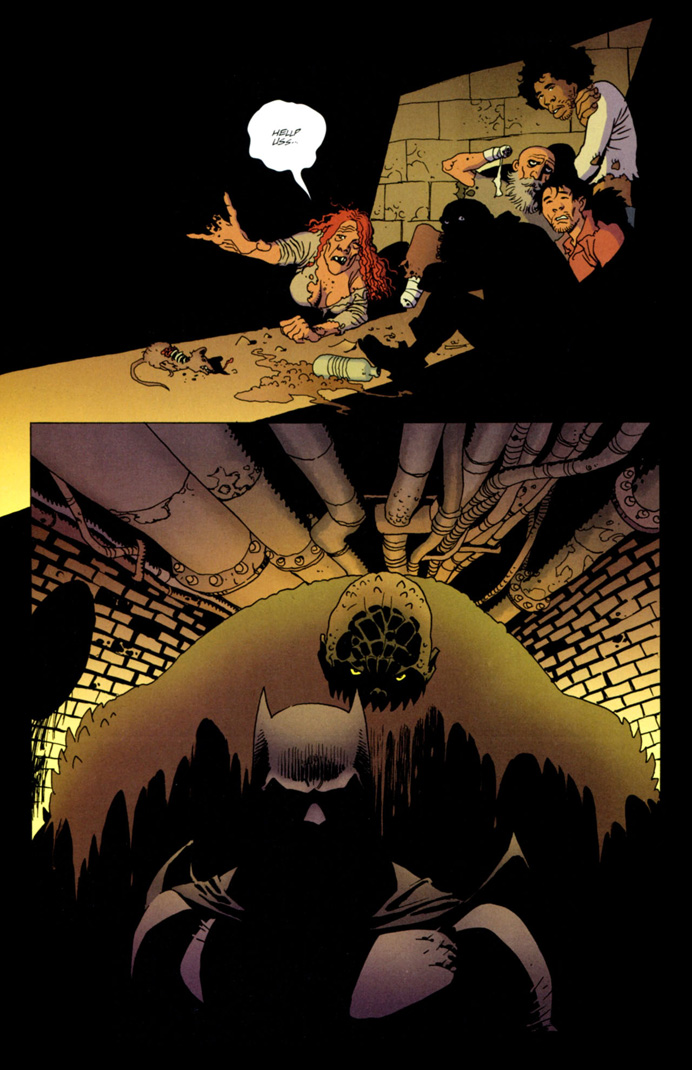


Even though this is a surprisingly faithful homage to the Silver Age of Batman comics, it's not hard to see what drove Keaton away. This conflicts with the aesthetic Schumacher brings to Forever, as Gotham is now a neon-colored carnival ride of a city, and most of the dialogue is filled with shockingly on-the-nose puns. In fact, a key story thread throughout Forever has Bruce questioning if he can continue his dual life, especially when orphan Dick Grayson ( Chris O'Donnell) and psychiatrist Chase Meridian ( Nicole Kidman) come into his orbit. But he also struggles with psychological issues. Val Kilmer's Batman was possessed of a dry wit his very first line in Forever is "I'll get drive-thru" when his loyal butler Alfred ( Michael Gough) asks him if he's going to eat anything. Schumacher veered in the opposite direction with Batman Forever and its follow-up Batman and Robin. That same sense of darkness extended to Gotham City itself it was a neo-Gothic nightmare, wrapped in shadows and populated with monstrous criminals like Jack Nicholson's Joker and Danny DeVito's Penguin. In Burton's films, Bruce Wayne was portrayed as a psychologically tortured recluse - he hung upside down while sleeping, and spent his nights brooding in the Batcave. Though Michael Keaton said that he didn't wish Joel Schumacher any ill will, it's not hard to see where their visions for the characters diverged.


 0 kommentar(er)
0 kommentar(er)
